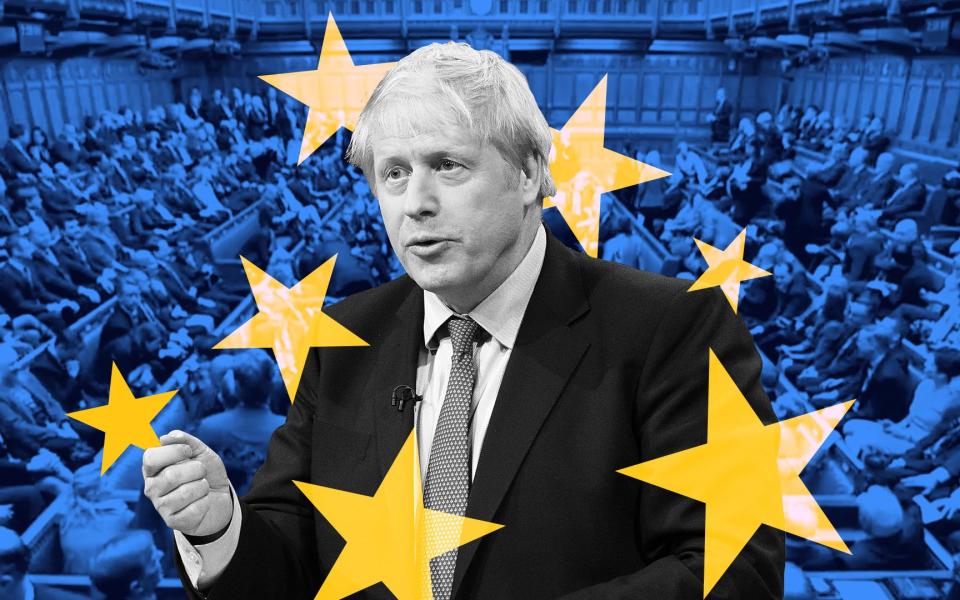How will the Brexit transition period work?

Brexit will happen from Jan 31 at 11pm, no matter whether Big Ben bongs or not. From that point, the United Kingdom will be legally outside of the European Union, but it may not feel much different from life as part of the club because it will be in a transition period for the rest of the year.
Here is everything you might want to know about how this period of Brexit limbo, officially known by the Government as an "implementation period", will work.
How long is the transition period? Could it be extended?
The transition period was originally agreed with the expectation that it would come into force for a punctual Brexit from March 29 2019, lasting 21 months until the end of December 2020.
The Withdrawal Agreement stipulates that the UK and EU can decide by July to extend it in a "single decision" for up to one or two years, but Boris Johnson's Government has banned itself from requesting such an extension under the legislation it is passing implementing the Brexit deal.
That does not stop it ever requesting such a delay, as ministers could always amend the legislation or secure parliamentary approval to go around it, but that would be monumentally politically embarrassing.
The months of delay in Westminster have not delayed how long the transition period will go on for, instead simply eating into its total duration. The result is that the period of limbo will not last 21 months, and in fact end after just 11 at the end of this year.
What will happen during the transition period?
Both UK and EU negotiators will be working furiously to nail down as much of a future partnership as possible, so that it can be ready to be put in place on the date the transition period ends.
Will it affect daily life in the UK?
There will be minimal effect on daily life in the UK, as the period serves to artificially extend the status quo conditions of life as part of the EU by continuing to see European law applied during the period, and the European Court of Justice still holding jurisdiction.
Citizens rights will remain the same as they were while the UK was part of the EU, while the British would still be part of the Horizon and Erasmus schemes. The Irish protocol will not kick in yet as the UK will continue to participate in the EU Customs Union and the Single Market. However, the UK will no longer be represented in EU institutions and decision-making, so it will not have a direct say on what the club does during this period. But it will have to uphold the obligations of a member state for that period.
Will freedom of movement continue to apply?
The transition requires that the United Kingdom follows the same rules as an EU member state, so freedom of movement will be part of this.
What happens when the transition period is over?
The United Kingdom will be fully out of the European Union, under whatever terms it has agreed as a future relationship, with the withdrawal agreement providing a bedrock.

How much is the Brexit divorce bill?
After the first round of withdrawal negotiations, the UK and EU agreed on the financial settlement for theDecember 2017 Joint Report, leaving the British set to pay around £39 billion net over the course of the divorce.
In the event of an extension to the transition period, further talks would be required to sort out the UK's extra payments to EU coffers, as it would need to cough up as much as any other full member.

